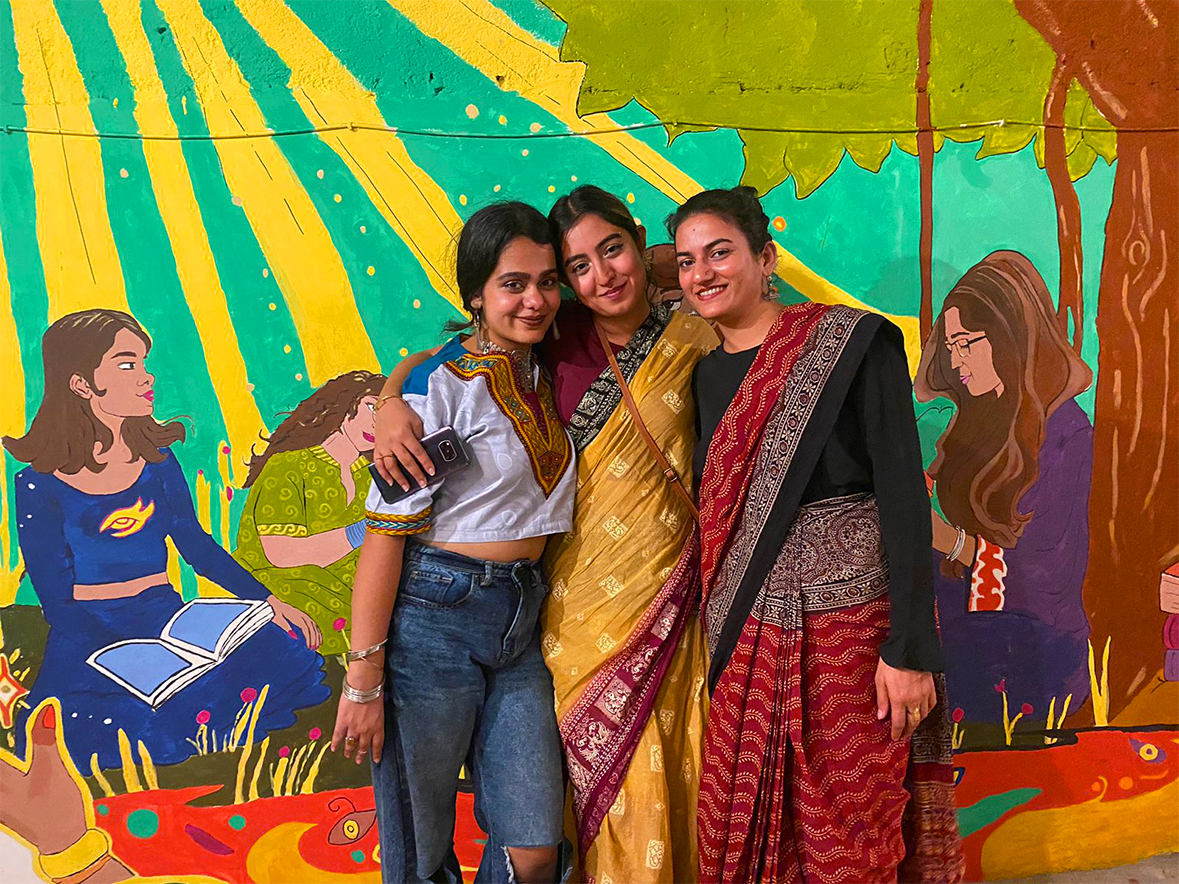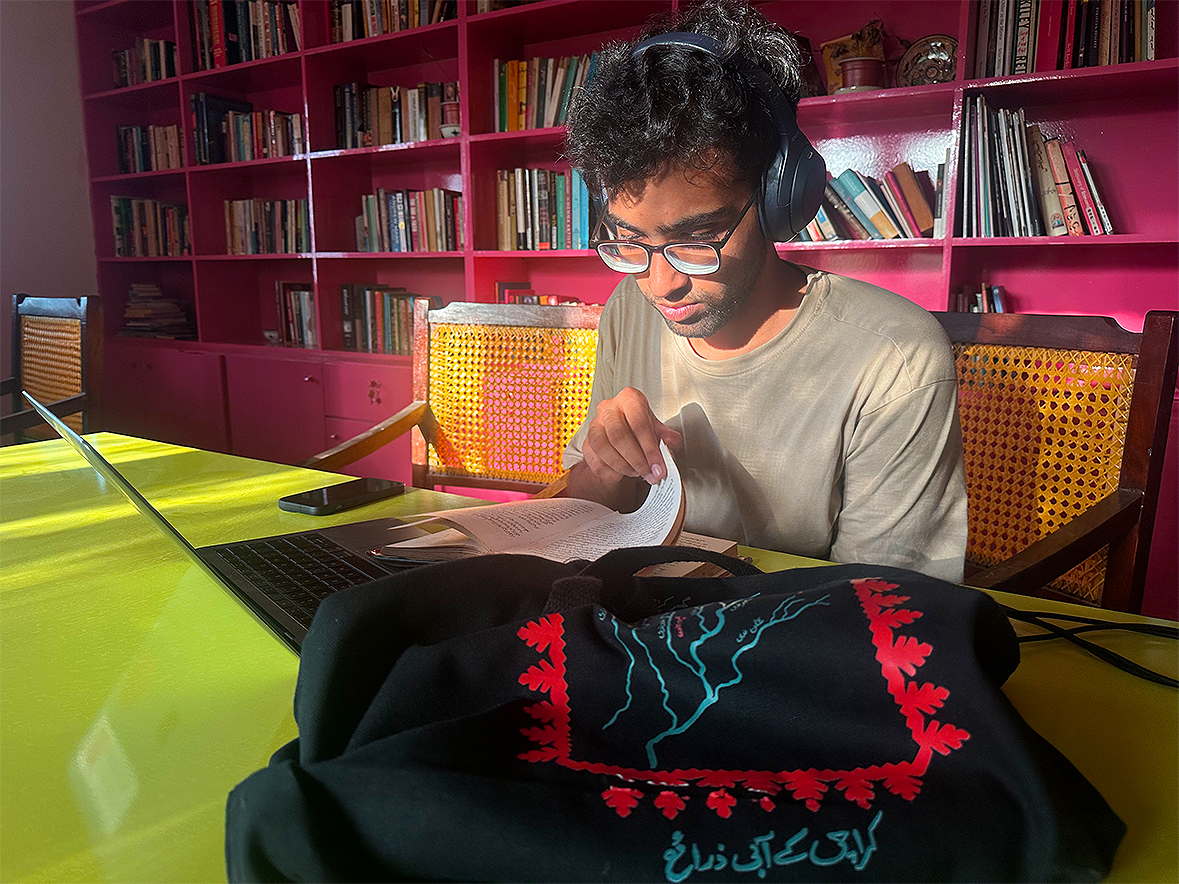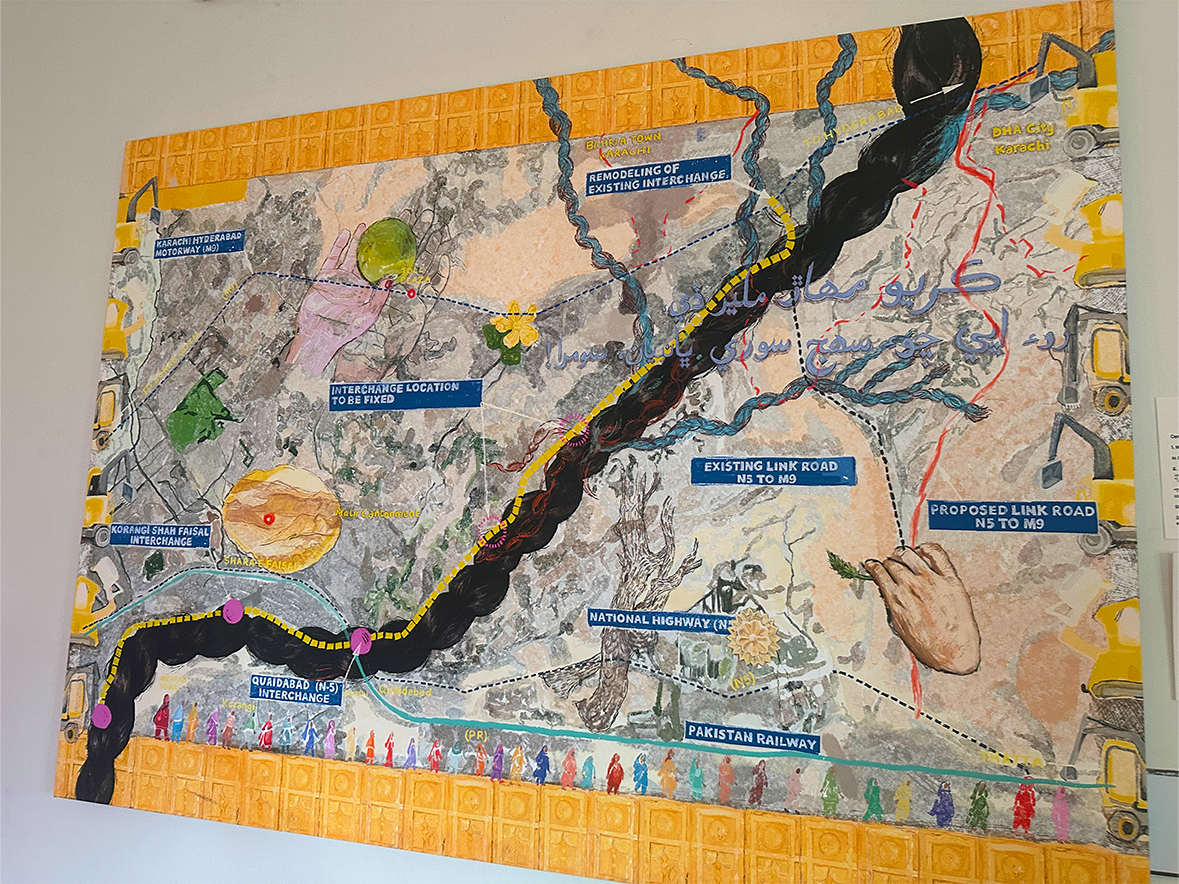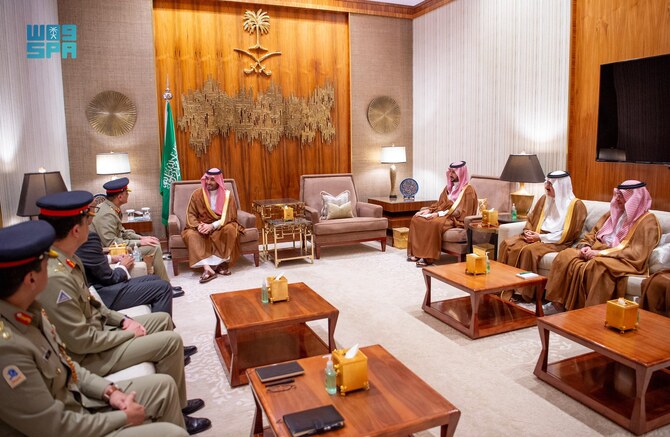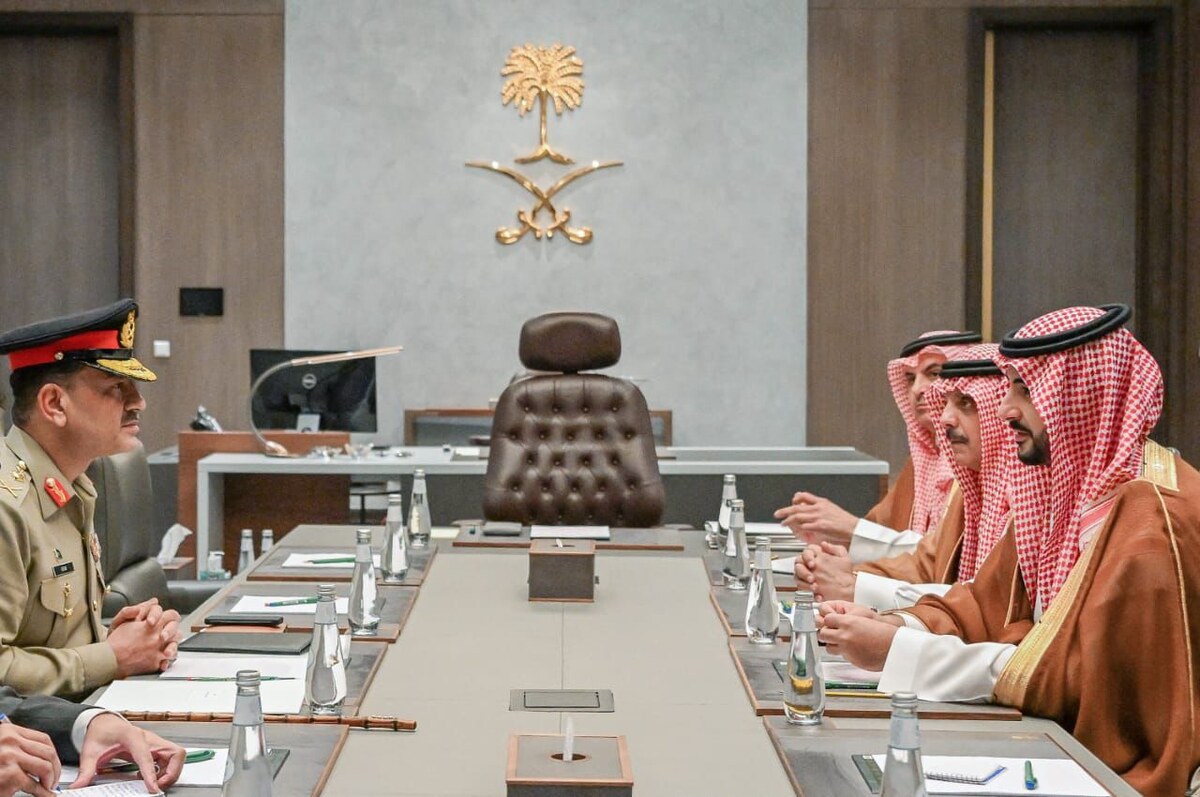KARACHI: Hundreds of Pakistani students and civil society activists on Wednesday rallied in the southern port city of Karachi to mark 76 years of Palestinians displaced from their homeland, calling for an end to the “genocide” in Gaza as Israel escalates military tensions in the Middle East.
Palestinians refer to May 15 as the “Nakba,” Arabic for “catastrophe” when some 700,000 Palestinians in 1948 fled or were driven from their homes before and during the 1948 Arab-Israeli war that followed Israel’s establishment.
Protest rallies in several parts of the world were held on Wednesday amid Israel’s ongoing war on Gaza, where the Israeli military has killed at least 35,173 people and injured 79,061 others since October 7, 2023.
Nearly a dozen civil and women’s rights organizations took part in the protest rally which began at Do Talwar roundabout in Karachi till Teen Talwar, another important landmark of the city.
“The civil society of Karachi is marking Nakba Day today and the purpose for that is to identify that Palestinians were the actual residents or the actual people who can lay claim to the land that Israel lays claim to at this point in time,” Ahmed Shabbar, one the organizers, told Arab News.
He called on students from other parts of the country to join the protest campaign for Gaza.
“There are multiple layers to this campaign and we invite the civil societies of Lahore and Islamabad and Quetta and students across Pakistan as well to unite because this is just the first event,” Shabbar said. He vowed that more protests would be held in the coming days.
Shabbar said the foremost demand of the protesters was for an immediate ceasefire in Palestine and for Israel to be held accountable for its actions.
He said Pakistan’s civil societies’ demands also include that Pakistan join South Africa in the International Court of Justice to hold Israel and its supporters accountable for its crimes in Gaza.
Shabbar said protesters were also seeking an apology from the German ambassador to Pakistan, who had shouted at a Pakistani student for interrupting him during his speech at a conference last month. The pro-Palestinian supporter had questioned the ambassador for Germany’s support for Israel’s controversial actions in Gaza.
He said the civil societies were also calling for a boycott of Israeli products or those brands that support Israel’s actions in Gaza.
Mehnaz Rehman, a leader of the Aurat Foundation rights movement, said protesters had gathered to protest against Israel’s atrocities, particularly against women and children.
“They are killing children,” Rehman told Arab News. “They [people] should come forward and protest against Israel and demand a ceasefire. We demand ceasefire immediately,” she said, praising American students for raising their voices for Palestine.
Naureen Fatima, a protester, said Palestinians were driven out of their land over seven decades ago. She lamented that history was repeating itself.
“This is happening once again,” Fatima told Arab News. You know? And we see it’s happening under the backdrop of our complete genocide. This is happening in the year 2024.”
She criticized the international community for staying silent over Israel’s massacres in Gaza.
“Has mankind regressed? We think we have completely regressed,” she lamented.
“What is the point when we see that babies are being killed and they are dying? And there is no accountability, and this genocide continues.
“We are here to protest that. We are here because we don’t want this to happen.”
Separately, hundreds of students and teachers rallied at Karachi University to protest Israel’s military campaign in Gaza and support American students protesting across Europe and the US







